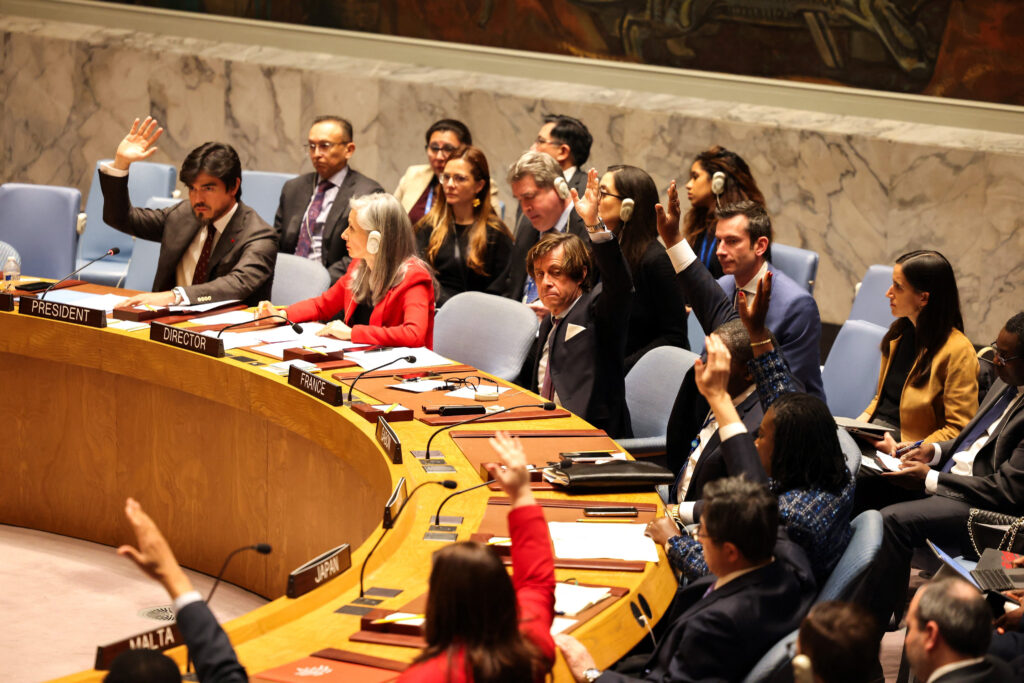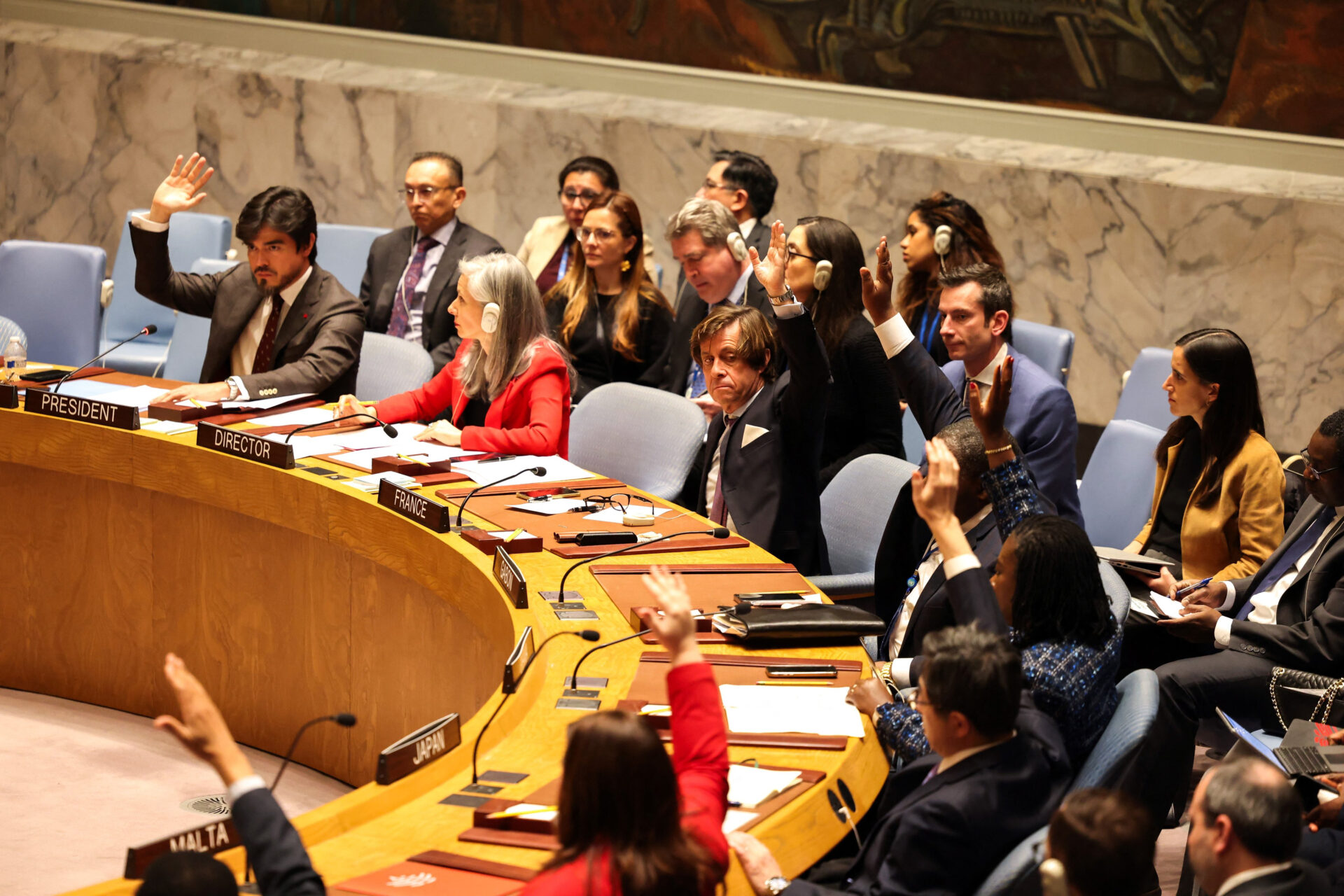
The U.N. Security Council voted to extend the mandate of the U.N. peacekeeping force in the Western Sahara for another year. In this new resolution, the UN executive body reaffirmed its support for the Moroccan autonomy initiative, presented by the Kingdom in 2007, as a serious and credible basis with a view to settling the artificial conflict over the Moroccan Sahara, in accordance with the resolutions of the Security Council.
The Council also reiterated its support for the efforts of the UN Secretary-General and his Personal Envoy for the Moroccan Sahara to advance the political process with a view to achieving a realistic, pragmatic and lasting solution based on compromise.
In its new resolution adopted by 12 votes in favour, two abstentions and one against of a non-permanent member, namely Algeria, the UN Security Council “strongly” reiterated its request regarding the “registration” of the populations sequestrated in the Tindouf camps in southwestern Algeria.
Ambassador Amar Bendjama tried unsuccessfully to get two amendments inserted into the U.S.-drafted resolution, and lashed out at the United States for reportedly not including its requests including for the U.N. mission known as MINURSO to monitor human rights in Western Sahara in the resolution.U.S. deputy ambassador Robert Wood said the resolution makes clear the Security Council’s support for Staffan de Mistura, the secretary-general’s personal envoy to Western Sahara, “as he intensifies efforts to advance an enduring and dignified resolution for Western Sahara without further delay.”Wood said it is “more urgent than ever to reach a political solution for Western Sahara,” noting that U.S. Secretary of State Antony Blinken recently reiterated that the U.S. views Morocco’s autonomy proposal “as serious, credible, and realistic and one potential approach to satisfy the aspirations of the people of Western Sahara.”Earlier this month,.
Morocco has welcomed the adoption of the resolution 2756 of the UN Security Council. This resolution comes in a context marked by the irreversible trajectory set by His Majesty King Mohammed VI, may God assist Him, on the issue of the Kingdom’s territorial integrity, through the growing support of permanent members of the Security Council and influential countries for Morocco’s sovereignty over the Sahara and the Moroccan Autonomy Initiative, and the continued withdrawal of recognition of the pseudo “sadr,” the Ministry said in a press release.
As a reminder, The U.N. brokered a 1991 cease-fire and established a peacekeeping mission to monitor the truce and help prepare a referendum on the territory’s future. Disagreements over who is eligible to vote have prevented the referendum from taking place, and Morocco insists it will now only support autonomy for the Western Sahara.


